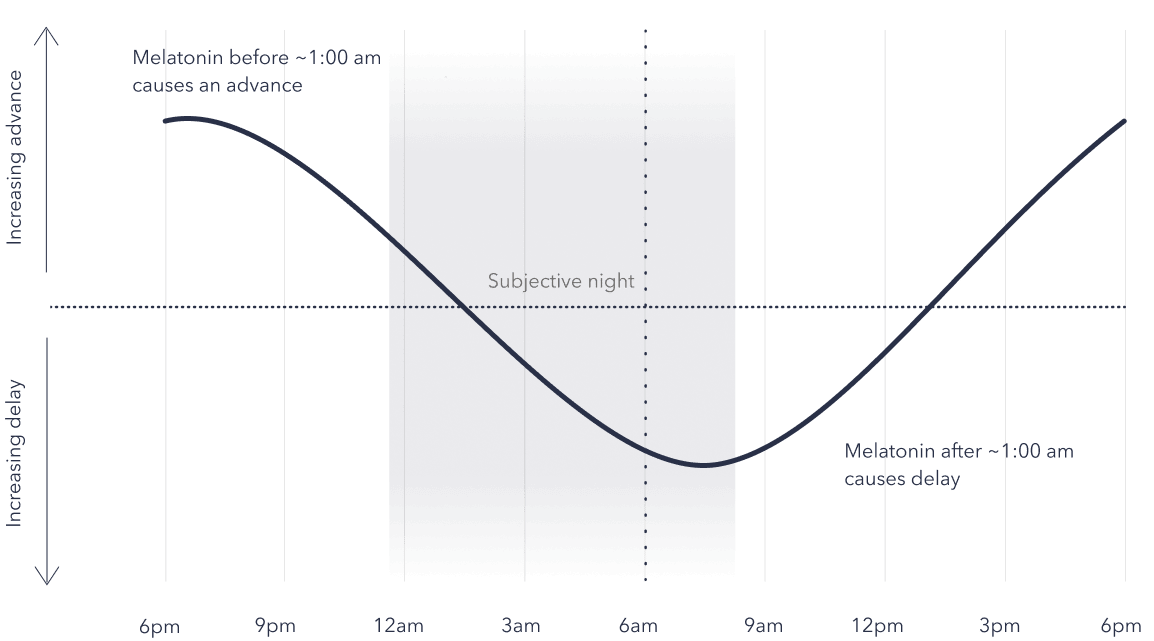You may have heard that you 'shouldn't use screens late in the evening' and maybe even that 'it's good for you to get exposure to sunshine as soon as possible after waking'. For the majority of people, these are generally beneficial heuristics. They are also the extent of most people's knowledge about how light affects their wellbeing.
The multiple mechanisms through which light affects our physiology make it hard to provide generalisable guidance. Among other things, the time of day, your genetics, your age, your mood and the brightness, frequency and duration of exposure to light all interrelate in determining how it affects us.
This document will explain some of the basic mechanisms through... (read 2970 more words →)

So glad to hear!